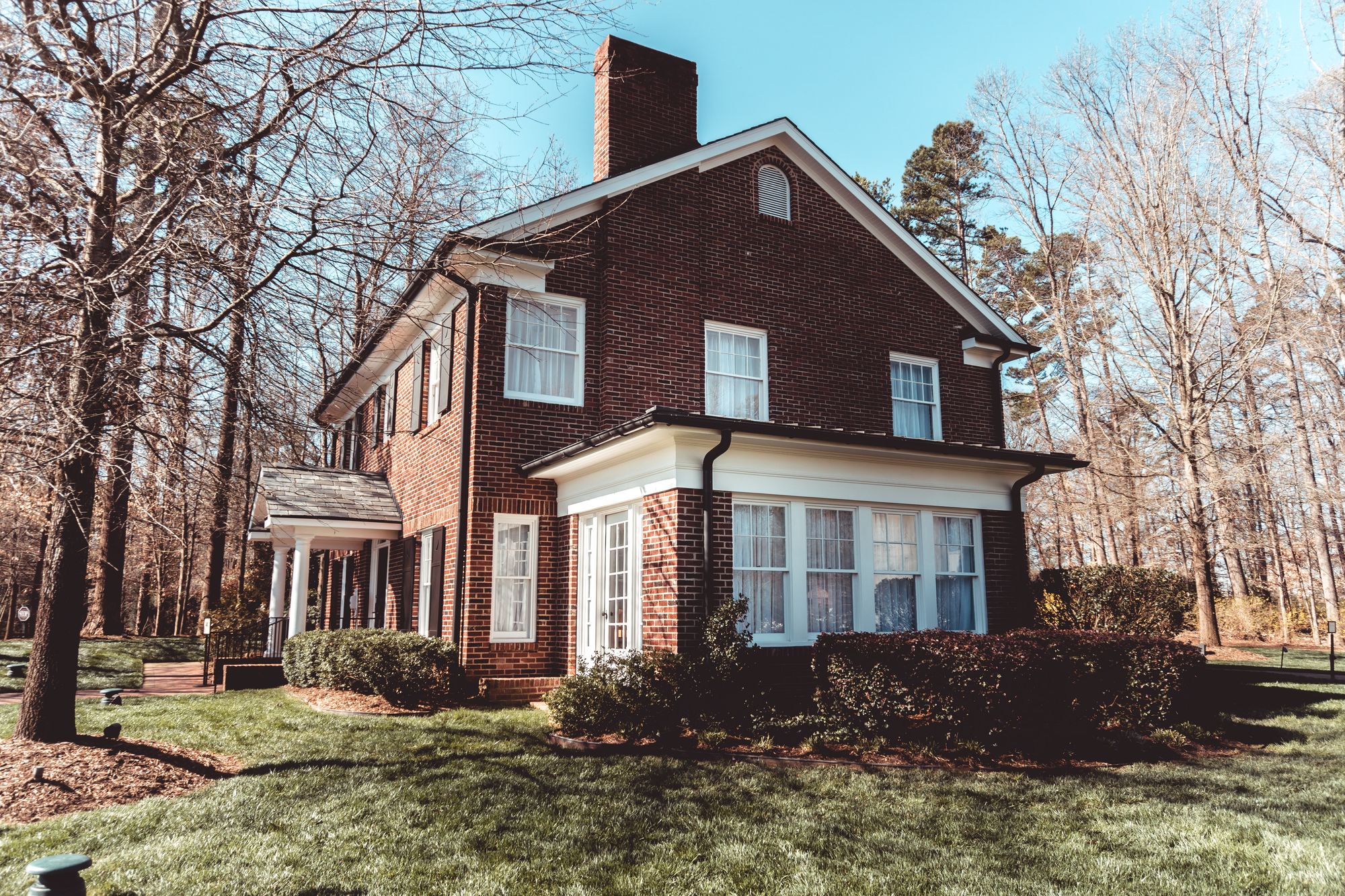If you're moving into an old house, there are a few things you need to check before making it your home. Many people forget about the importance of these checks and end up dealing with expensive repairs down the road. In this blog post, we will discuss the things you need to look for when moving into an old house. By following our tips, you can avoid costly repairs and make your new home feel like it's always been yours!
Check for signs of water damage
Water damage is one of the most common problems in old homes. Look for stains on ceilings, walls, and floors. Also, check for mold or mildew in any damp areas. If you see any signs of water damage, have a professional inspect the premises to determine the extent of the damage. This will help you avoid costly repairs such as mold removal or water damage restoration.
Look for indications of pests
Pests are another common problem in old homes. Look for droppings, nests, or damage to woodwork or fabrics. If you see any signs of pests, have a professional exterminator inspect the premises and treat the problem accordingly.
A good idea would be to have the pro do a perimeter treatment to avoid any critters from getting in. Namely, professional pest control companies like Aptive Environmental can do this for you.
Inspect the roof
Another crucial thing to do when moving into an old home is to inspect the roof. Check for missing or damaged shingles, and make sure that the gutters and downspouts are in good repair.
If you see any signs of damage, have a professional roofer inspect the premises and make the necessary repairs. For instance, if you're buying in Texas and are looking for Austin roofing specialists, you should do research locally or ask for recommendations. While this might cost you some money upfront, it will save you a lot of money in the long run by preventing costly leaks or other damage.
Look for signs of damage to the structure of your home
Structural damage is a serious problem that can jeopardize the safety of your home. Look for cracks in walls, floors, or ceilings. Also, check for doors or windows that don't close properly. If you see any signs of structural damage, have a professional engineer or architect inspect the premises to determine the extent of the damage. This will help you avoid costly repairs such as foundation repair or replacement.
Check the electrical system
Old homes often have outdated electrical systems. Have a professional electrician inspect the wiring and outlets to ensure they are up to code. This is especially important if you plan on doing any renovations that would require additional electrical work.
The plumbing system should be checked.
Older homes often have outdated plumbing systems. Have a professional plumber inspect the pipes and fixtures to ensure they are up to code. This is especially important if you plan on doing any renovations that would require additional plumbing work.
For example, adding a new bathroom or kitchen can be a major undertaking, however, if the plumbing is not up to code it can lead to expensive repairs. This kind of work should only be done by a professional.
Check for asbestos
Asbestos was commonly used in construction until the 1970s. If your home was built before that time, there is a chance it contains asbestos. Asbestos is a dangerous material that can cause serious health problems if it's disturbed. If you suspect your home may contain asbestos, have a professional test for it and remove it if necessary.
Check for lead paint
Lead paint was commonly used in homes before 1978. If your home was built before that time, there is a chance it contains lead paint. Lead paint is a dangerous material that can cause serious health problems if it's disturbed. If you suspect your home may contain lead paint, have a professional test for it and remove it if necessary.
Have a professional home inspector check the property
A professional home inspector will check for all of the above issues and more. This is an important step in the buying process, especially if you're considering an older home. A home inspection report will give you a good idea of what repairs may need to be made. It will also give you peace of mind knowing that your new home is in good condition.
Although it may cost you some money upfront, it's important to have a professional inspect your new home before you move in. This will help you avoid costly repairs down the road. By following these tips, you can be sure that your new home is safe and sound.

